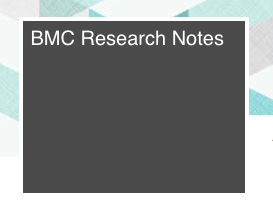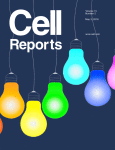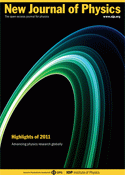 We recently discovered a relatively old retraction notice — from 2014 — of a study on pregnant women with HIV.
We recently discovered a relatively old retraction notice — from 2014 — of a study on pregnant women with HIV.
The paper was retracted two years ago when BMC Research Notes discovered the authors falsely claimed they had obtained ethics approval from an institution in Kenya.
The study looked at the effectiveness of an antiretroviral therapy in 50 women who were receiving care at a center in Nairobi, Kenya. But the authors did not have permission from the center to use data from the women, nor the necessary ethics approval from Moi University to carry out the work.
Here’s the retraction note for “Effectiveness of option B highly active antiretroviral therapy (HAART) prevention of mother-to-child transmission (PMTCT) in pregnant HIV women:”
Continue reading Study on pregnant women with HIV lied about having ethics approval




 A team of biologists have earned a fifth retraction for a paper containing manipulated images, following an investigation by the Swedish government.
A team of biologists have earned a fifth retraction for a paper containing manipulated images, following an investigation by the Swedish government.


